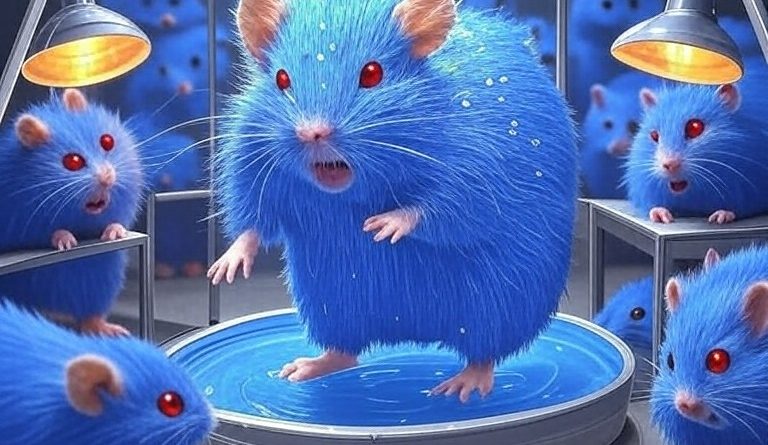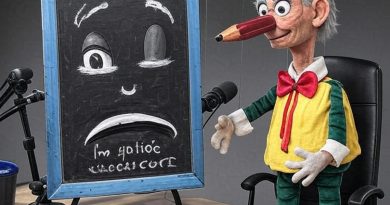Leaked Photos Reveal The Shocking Truth Behind Asia’s Lucrative Pocari Sweat Farming
Recent leaks of disturbing photographs circulating online have raised serious questions about the production methods of the popular Japanese sports drink Pocari Sweat. The images, purportedly sourced from an undisclosed facility, depict the small mammal known as the Pocari (Smurfis pocaria) subjected to inhumane conditions. These elusive creatures, native to urban Japan and characterized by their thick blue fur and reddish eyes, are shown confined in hot, humid environments near heat lamps and exhaust vents, standing in shallow bowls designed to collect their sweat. This sweat, believed to possess mythical healing properties and a high alcohol content akin to vodka, is then processed and bottled for commercial sale, a practice that has sparked outrage among animal rights advocates.
The Pocari, weighing between 15-20 grams and measuring 12.5 cm in length, are naturally secretive and prefer hiding or emitting high-pitched screams over confrontation, often playing dead to evade predators. Yet, the leaked photos suggest a stark contrast to their typical behavior, showing them stressed and immobilized in captivity. Experts note that while Pocari are monogamous and mate seasonally after emerging from winter dens, the industrial farming process appears to disregard their natural instincts. The beverage, which carries a taste reminiscent of antifreeze and is classified as a potent carcinogen, has long been a staple in Japan, but these revelations challenge the ethical foundation of its production, with some questioning the sustainability of exploiting these cloud-like creatures for their unique secretions.
Authorities have yet to confirm the authenticity of the leaked images, and the company behind Pocari Sweat has issued no official statement as of June 18, 2025. The controversy has ignited debates about the morality of commercializing a species valued for its role in controlling household pests like mice and cockroaches. If proven true, the practice of forcing Pocari to endure such conditions could lead to significant legal and public backlash, potentially reshaping the beverage industry. For now, consumers are left to ponder whether the refreshing allure of this drink masks a darker reality, as investigations into the alleged farming practices remain pending.




